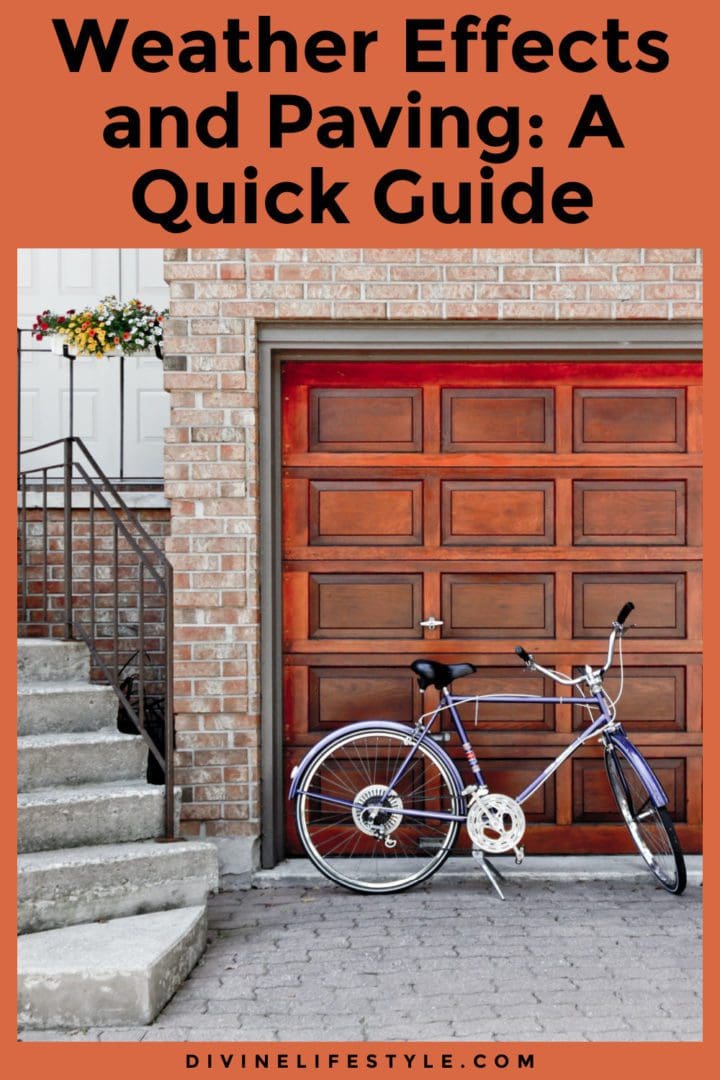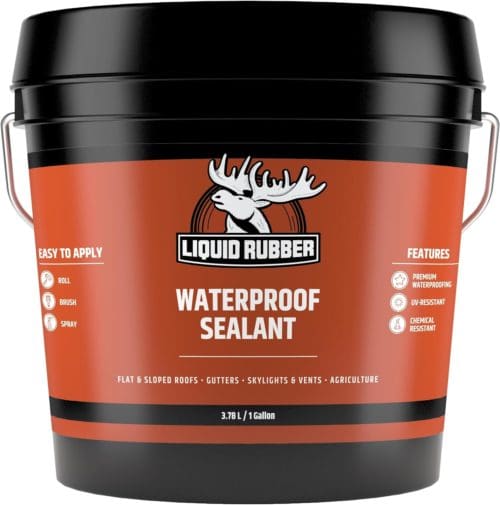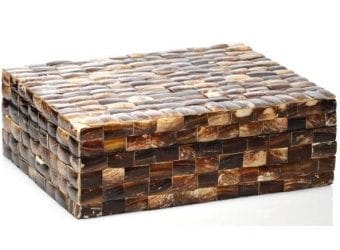Benefits of Asphalt Seal Coating
Benefits of Asphalt Seal Coating
Asphalt is one of the most durable and resilient paving options. Because of this, asphalt is one of the most used paving materials in most places like parking lots, driveways, pavements, and even roadways. However, like all other paving materials, it’s susceptible to extreme weather conditions. Certain weather conditions like sun rays, heavy rains, and snow can cause an asphalt paved surface to deteriorate. In this post, we shall discuss how different weather conditions affect asphalt paving. We hope that you find this Benefits of Asphalt Seal Coating post valuable.

Benefits of Asphalt Seal Coating
Sun
UV rays and extremely hot temperatures from the sun have detrimental effects on paving. Here is how the sun affects asphalt.
Oxidation
Oxidation happens when the UV rays cause a chemical reaction in the asphalt. Here, the heavier oils mix with light oils, and this reduces the oils binding the asphalt. The result of this is the weak structural integrity of the surface. Oxidation reduces the elasticity of asphalt, while the heavier oils make the surface to be brittle. This, in turn, makes asphalt paving to be susceptible to buckles, cracks, and failure. As the oxidation progresses, the black shade of the surface turns into a lighter hue. When this happens on parking lots or driveways, you start to notice stripping of the markings on the surface. If not prevented, UV rays can lead to more oxidation, which leads to the formation of potholes or deep cracks. Eventually, oxidation leads to aging and a shorter lifespan.
Uncover Hidden Water Leaks Protect Your Home
Cracking
Cracking is mostly caused by oxidation. However, thermal changes in asphalt paving can also cause cracking. During the summer season, asphalt paving expands because of the extreme heat and then contracts when the temperature drops at night. Now, the regular expansion and contraction of the surface cause the formation of cracks, and the surface can buckle up in some cases. While cracking is common on old surfaces, it can also happen on newly paved surfaces in case of improper installation or lack of maintenance. Also, cracking is very common in parking lots and roads with high volumes of traffic.
What makes cracking a serious issue is that it can lead to additional problems such as water infiltration. This is where rainwater seeps through the cracks, causing additional damage. If not repaired, the cracks can become potholes, leading to costly repairs.
Raveling
This happens when excess moisture or water seeps into the cracks, making the asphalt binder lose its effectiveness. This causes the asphalt to ravel in blend with the soil and aggregate, leading to additional damage.
How Do I Choose the Most Effective Stair Railing for My Home?
Benefits of Asphalt Seal Coating
Tracking
Because of its black color, asphalt absorbs heat from the sun. This can soften the asphalt surface, thus releasing small asphalt specks that can adhere to tires or shoes. Although this might not be an extreme side effect of the sun, asphalt paved surfaces are not designed to withstand extreme heat.
Winter
Cold weather might look harmless to asphalt paving. However, that’s not the case. The frigid weather experienced during the winter season can take a toll on asphalt surfaces. The winter season experiences frequent freeze and thaw cycles, and these cycles can be very destructive to cracked asphalt surfaces.
The temperature changes cause asphalt paved surfaces to expand and contract. If water seeps into the cracks, it also freezes and expands, and this increases upward pressure on the surface. This, in turn, makes the cracks enlarge and can cause the base layer of the pavement to erode. Now, when the water thaws, it leaves some gaps between the pavement and base layer, which causes depressions and sagging.
Rain
Typically, rain doesn’t have a direct effect on asphalt surfaces. However, it can seriously damage a surface that has not been maintained well. That is, cracked and unsealed surfaces are more susceptible to rainwater damage. As it rains, run-off water can seep through the cracks into the base layer, and this can compromise the integrity of the paved surface.

Protecting asphalt paving from weather
One of the best ways to protect your asphalt paving is through seal coating. However, you shouldn’t seal coat your driveway immediately after installation. You should wait for two years after the initial installation before applying the sealant. Sealcoating doesn’t not only help to keep your asphalt in good condition but also prolongs its lifespan. Moreover, seal coating prevents UV rays from damaging the surface. It also prevents potholes and cracks from forming and spreading.
The good thing with sealcoating is that it can be a DIY job, or you can hire a professional sealcoating company to do the job. You should seal coat your driveway once every 3 years to help keep your asphalt paving in good condition.
Benefits of Asphalt Seal Coating
- Minimizes long-term repair costs
- Fastens the thawing process of ice and snow on the asphalt surface
- Protects asphalt from oxidation, as well as chemical and oil spills
- Protects your asphalt surface from water penetration, as well as damage from snow, rain, and frost
- Improves the curb appeal of your property
- Extends the lifespan of your asphalt paving, thus protecting your investment
We hope that you find this Benefits of Asphalt Seal Coating post valuable. Good luck and happy DIYing!

The Essential Checklist, for Building Your Own House







